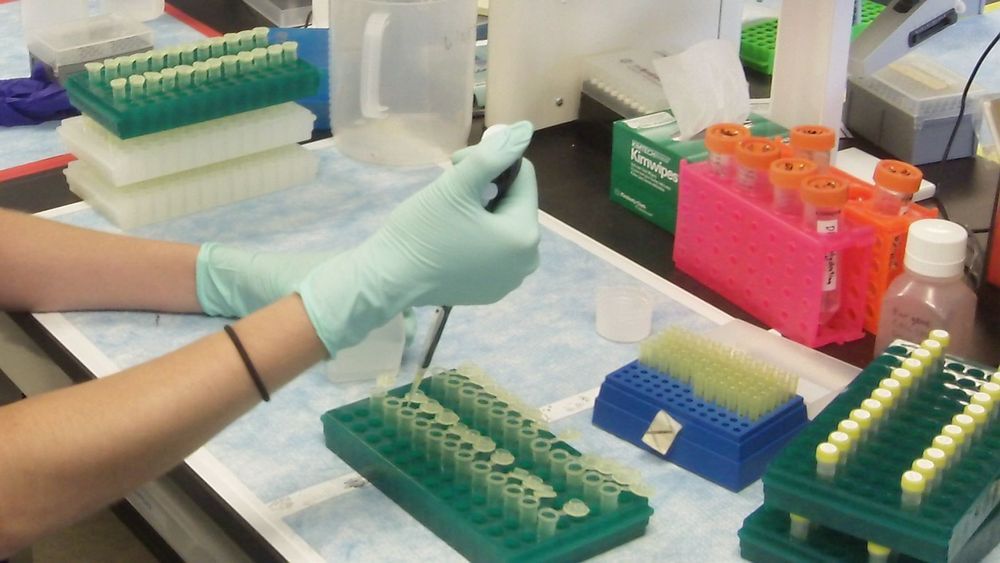Using a modified version of CRISPR, a team of geneticists has successfully triggered 13,200 genetic changes to a single human cell. That’s a new record, by a long shot. This sweeping new editing process could eventually be used to strip DNA of useless or dangerous genetic information—or create entirely new kinds of life.
New research uploaded to the preprint bioRxiv server describes the achievement, in which a Harvard University team led by George Church edited the living crap out of a single human cell to the tune of 13,200 total modifications. Incredibly, the cell survived. The previous record for bulk edits made to a single cell was set in 2017, when Church and his colleagues knocked out 62 copies of a retrovirus found in pig genomes. The new achievement is thus “three orders of magnitude greater” than the previous standard, the authors wrote in their paper.
